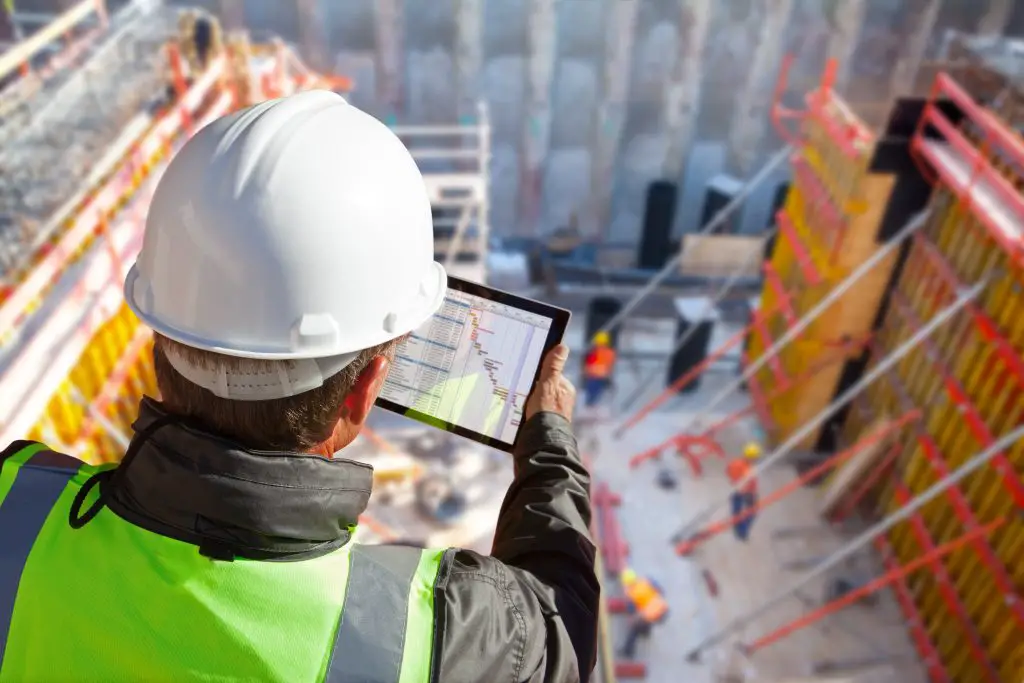Artificial intelligence (AI) is revolutionizing the construction industry by offering unprecedented opportunities to improve efficiency, safety, and productivity. By automating repetitive tasks, optimizing resources, and facilitating data-driven decision-making, AI systems are transforming the way construction projects are planned, executed, and monitored. In this article, we will explore the various benefits of AI in construction, including:
Enhanced project planning and management
Improved construction site safety
Greater efficiency and reduced costs
Accelerated construction schedules
Facilitation of sustainable construction
Quality control and defect detection
Predictive maintenance and facility management
Advanced collaboration and communication
Skill development and workforce augmentation
Creation of new business models and opportunities
Enhanced project planning and management
In the construction industry, effective planning and management are crucial for the successful completion of projects. AI-powered tools, such as project management software, enable construction professionals to more accurately predict project timelines, resource requirements, and costs. These tools can analyze historical data to identify trends, allowing for more informed decision-making and reducing the likelihood of costly delays or resource overruns.
Improved construction site safety
Construction sites can be hazardous environments, and ensuring worker safety is a top priority. AI can play a critical role in enhancing site safety by analyzing data from various sources, such as video feeds, sensors, and wearable devices, to identify potential hazards and unsafe behaviors. By alerting supervisors and workers to potential dangers in real-time, AI systems can help prevent accidents and injuries, reducing the risks associated with construction work.
Greater efficiency and reduced costs
AI-driven automation and optimization can lead to significant cost savings and efficiency improvements in the construction industry. For instance, AI-powered scheduling and resource allocation tools can optimize the use of labor, equipment, and materials, reducing waste and downtime. Additionally, AI-powered construction robots can handle repetitive tasks, such as bricklaying, welding, and painting, with greater speed and precision than human workers, increasing productivity and lowering labor costs.
Accelerated construction schedules
AI can help streamline construction processes and reduce project timelines. By automating repetitive tasks and optimizing resource allocation, AI systems can accelerate the completion of construction projects. Moreover, AI-powered predictive analytics can identify potential bottlenecks and delays, enabling construction managers to proactively address issues and maintain project schedules.
Facilitation of sustainable construction
Sustainability is a critical concern in the construction industry, and AI can play a significant role in promoting environmentally friendly practices. AI-driven design tools can optimize building designs for energy efficiency, reducing the environmental impact of construction projects. Additionally, AI-powered resource optimization and waste reduction strategies can minimize the consumption of materials and energy throughout the construction process.
Quality control and defect detection
AI-driven quality control systems can identify defects and deviations from design specifications early in the construction process, ensuring that issues are addressed before they become costly problems. By analyzing data from various sources, such as images, sensor readings, and inspection reports, AI systems can detect anomalies and recommend corrective actions, improving the overall quality of construction projects.
Predictive maintenance and facility management
AI can significantly improve facility management and maintenance processes by analyzing data from building systems and sensors to predict when equipment is likely to fail or require maintenance. This enables building managers to perform maintenance proactively, preventing costly downtime and extending the life of building systems.
Advanced collaboration and communication
AI-powered collaboration tools can facilitate more effective communication between construction stakeholders, including architects, engineers, contractors, and owners. These tools can automatically track project progress, flag issues, and facilitate real-time communication, helping to ensure that all parties stay informed and aligned throughout the construction process.
Skill development and workforce augmentation
AI can support the development of construction professionals by providing personalized training and skill development resources. AI-powered learning platforms can analyze individual strengths and weaknesses, creating tailored learning paths to help construction workers acquire new skills and improve their existing ones. Additionally, AI-driven virtual and augmented reality tools can simulate real-world construction scenarios, enabling workers to practice and refine their skills in a safe and controlled environment.
Moreover, AI can augment the human workforce by assisting with complex tasks and decision-making processes. AI systems can provide valuable insights, recommendations, and support to construction professionals, enhancing their capabilities and enabling them to work more effectively. By leveraging the complementary strengths of humans and AI, construction projects can benefit from improved accuracy, efficiency, and innovation.
Creation of new business models and opportunities
The integration of AI into construction processes is opening up new business models and opportunities for construction companies and professionals. For instance, AI-driven design and engineering services can enable architects and engineers to offer more innovative and sustainable building solutions. Similarly, construction companies can differentiate themselves by leveraging AI-powered tools and technologies to deliver faster, more cost-effective, and higher-quality projects.
In conclusion, the benefits of AI in the construction industry are vast and varied. From enhancing project planning and management to promoting sustainable construction practices, AI is transforming the way construction projects are planned, executed, and monitored. As AI continues to advance, it will play an increasingly critical role in shaping the future of construction, offering new opportunities for cost savings, efficiency improvements, and innovation. By embracing AI and harnessing its potential, construction professionals can stay ahead of the competition and deliver better results for their clients and stakeholders.







